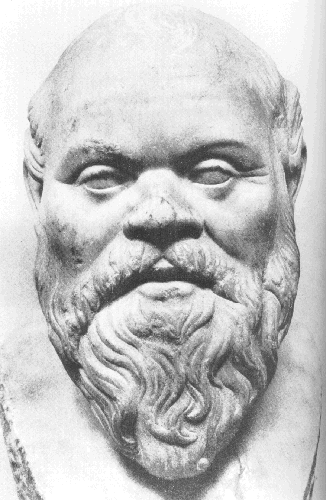I'm getting a better, clearer picture of what the mind looks like. There are facets to the mind, the facets are described as developmental phases of awareness. Each phase builds upon the next both including and expanding upon the previous facet. There is a process of growth at each facet, best described by Ken Wilber in his description of consciousness (https://en.wikipedia.org/wiki/Ken_Wilber#Books_by_Wilber). This process can go well or wrong and is one of the main sources of mental illness. The mind grows in complexity, purpose/use/awareness at each facet, and thus also expands the scope of potential and actual mental illness.
I'm getting a better, clearer picture of what the mind looks like. There are facets to the mind, the facets are described as developmental phases of awareness. Each phase builds upon the next both including and expanding upon the previous facet. There is a process of growth at each facet, best described by Ken Wilber in his description of consciousness (https://en.wikipedia.org/wiki/Ken_Wilber#Books_by_Wilber). This process can go well or wrong and is one of the main sources of mental illness. The mind grows in complexity, purpose/use/awareness at each facet, and thus also expands the scope of potential and actual mental illness.
0 Комментарии
0 Поделились
2Кб Просмотры
0 предпросмотр




